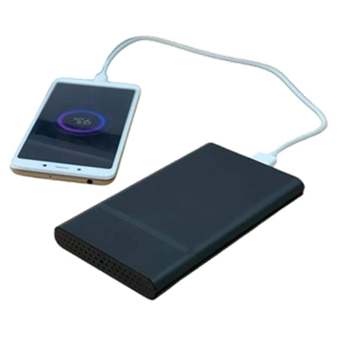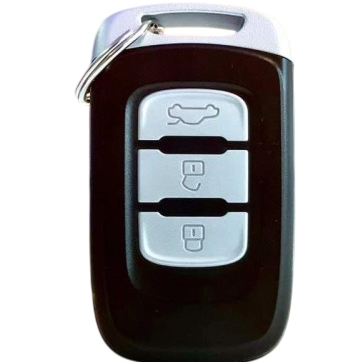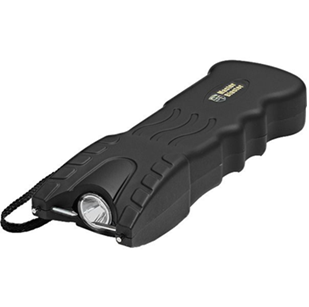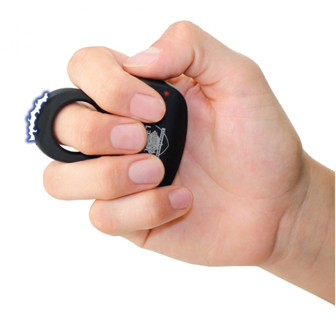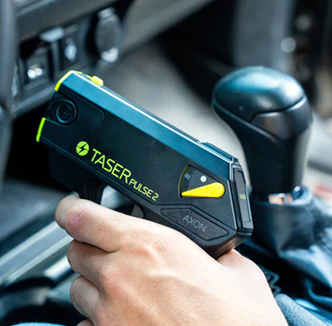Using Technology to Catch a Cheating Spouse
 Infidelity can be one of the most painful betrayals in a relationship. When suspicions arise, it’s natural to want the truth. Technology has revolutionized how people communicate and connect, but it’s also provided tools that can expose dishonesty. If you suspect your spouse is cheating, there are tech-based methods you can use to uncover the truth. However, before diving in, it’s crucial to understand the ethical and legal implications of using these tools. This guide will help you navigate this sensitive situation responsible
Infidelity can be one of the most painful betrayals in a relationship. When suspicions arise, it’s natural to want the truth. Technology has revolutionized how people communicate and connect, but it’s also provided tools that can expose dishonesty. If you suspect your spouse is cheating, there are tech-based methods you can use to uncover the truth. However, before diving in, it’s crucial to understand the ethical and legal implications of using these tools. This guide will help you navigate this sensitive situation responsible
Signs of Cheating in the Digital Age
Before employing technology, observe for signs that may suggest infidelity:
-
Unexplained Behavior Changes: Increased secrecy about their phone or computer usage.
-
Unusual Phone Habits: Frequent texting, clearing call logs, or keeping the phone on silent.
-
Social Media Activity: Over-engagement on platforms or unusual interactions with specific individuals.
-
Location Inconsistencies: Discrepancies in where they claim to be and where they actually are.
These behaviors can be warning signs, but they are not definitive proof. Technology can help confirm or refute your suspicions.
Technological Tools to Catch a Cheating Spouse
1. Smartphone Monitoring
Smartphones often hold the key to understanding someone’s activities. Here are some ways to monitor phone activity:
-
Message Tracking: Apps like mSpy or FlexiSPY can monitor text messages, call logs, and chat apps like WhatsApp, Messenger, and Snapchat.
-
Screen Time Analysis: Check their phone’s screen time report to see which apps are being used the most.
-
Access Backup Files: If your spouse’s phone syncs to a shared computer or cloud, review backups for deleted messages or photos.
Caution: Installing spyware or accessing someone’s phone without consent may be illegal in your jurisdiction. Consult local laws before proceeding.
2. GPS Tracking
If your spouse’s whereabouts are inconsistent, GPS tracking can clarify their movements.
-
Built-in Location Sharing: Use features like Find My iPhone or Google Location Sharing to track their location.
-
GPS Trackers: Devices like Tile or AirTag can be discreetly placed in a car or bag, providing real-time location updates.
-
Car Tracking Systems: Many vehicles come equipped with GPS features that can be accessed through associated apps.
Ethics Tip: Ensure you have legal authority to track someone’s location. Tracking without consent can violate privacy laws.
3. Social Media Monitoring
Social media platforms are often used to connect with others, making them a common avenue for infidelity.
-
Activity Log Analysis: Check their social media activity logs for unusual interactions or new friends.
-
Reverse Image Search: Use tools like Google Reverse Image Search to check profile pictures or photos for other online profiles.
-
Third-Party Tools: Applications like Hootsuite or Social Blade can analyze account activity trends.
4. Email Snooping
Emails often contain evidence of infidelity, especially if they’re used for communicating with a third party.
-
Shared Email Accounts: If you share email credentials, look for messages in hidden folders or archives.
-
Forgotten Passwords: If their email is accessible on a shared device, review their inbox and sent items.
-
Keyword Searches: Use search terms like “love,” “meet,” or “secret” to identify suspicious communications.
5. Hidden App Detection
Some cheating spouses use secret apps to hide their activities. These include:
-
Vault Apps: Applications like Vaulty or Private Photo Vault store hidden files.
-
Dual Apps: Some phones allow users to clone apps, creating a hidden version of messaging or social media platforms.
-
File Managers: Check for hidden or encrypted folders that might contain incriminating data.
6. Spy Cameras and Audio Recorders
If your spouse spends time in specific locations where you suspect infidelity, consider discreet recording devices.
-
Mini Spy Cameras: Devices like Blink Mini or Wyze Cam can capture video evidence.
-
Audio Recorders: Portable recorders can document conversations when strategically placed.
Warning: The use of surveillance equipment may be illegal if used without consent. Always verify the laws in your area.
7. Phone Bill and Credit Card Statements
Physical evidence can sometimes be more revealing than digital tools.
-
Phone Records: Look for repeated calls or texts to unfamiliar numbers.
-
Bank Statements: Check for unusual charges like hotel bookings, dining, or gift purchases.
-
Mileage Tracking: Compare mileage recorded on vehicles to locations claimed.
Protecting Yourself Legally and Emotionally
Legal Considerations
Using technology to monitor someone else’s activity may infringe on privacy laws. Follow these tips:
-
Consent: Obtain explicit permission to use monitoring tools where possible.
-
Shared Accounts: Focus on devices or accounts that are shared or jointly owned.
-
Consult an Attorney: If you’re unsure about the legality of your actions, seek legal advice to avoid consequences.
Emotional Impact
Catching a cheating spouse can be emotionally devastating. Prepare yourself for the possible outcomes:
-
Counseling: Consider therapy to process your feelings and plan your next steps.
-
Support System: Confide in trusted friends or family members for emotional support.
-
Self-Care: Prioritize activities that promote your mental and physical well-being.
Steps After Discovering Infidelity
If you confirm your suspicions, here are steps to take:
-
Pause and Reflect: Resist the urge to confront your spouse immediately. Take time to process what you’ve learned.
-
Document Evidence: Keep a secure record of any evidence you’ve collected.
-
Seek Legal Counsel: If you’re considering separation or divorce, consult a lawyer to understand your rights.
-
Open Communication: When you’re ready, have an honest conversation with your spouse about what you’ve discovered.
-
Decide on the Future: Determine whether reconciliation or separation is the best path for you.
Balancing Ethics and the Pursuit of Truth
While technology can provide clarity, it’s important to balance your need for the truth with respect for privacy. In many cases, direct communication with your spouse may yield answers without the need for invasive measures. Ultimately, how you choose to proceed will depend on your values, relationship dynamics, and goals.
By approaching the situation thoughtfully and responsibly, you can uncover the truth while maintaining your integrity. Remember, technology is just a tool; how you use it defines the impact it will have on your life and relationship.
Company Info
Customer Service
Product Information
- TASER® and Stun Devices Regulations by State
- TASER® Safe Escape Product Replacement Guarantee
- TASER® Comparison Chart
- TASER® User Manuals
- TASER® Warranty Info
- Byrna Product Catalog
- PepperBall Manuals & Spec Sheets
- Pepper Spray Laws
- Air Gun Laws
- States that Restrict Automatic and Butterfly Knives
- Our Print Catalog





























